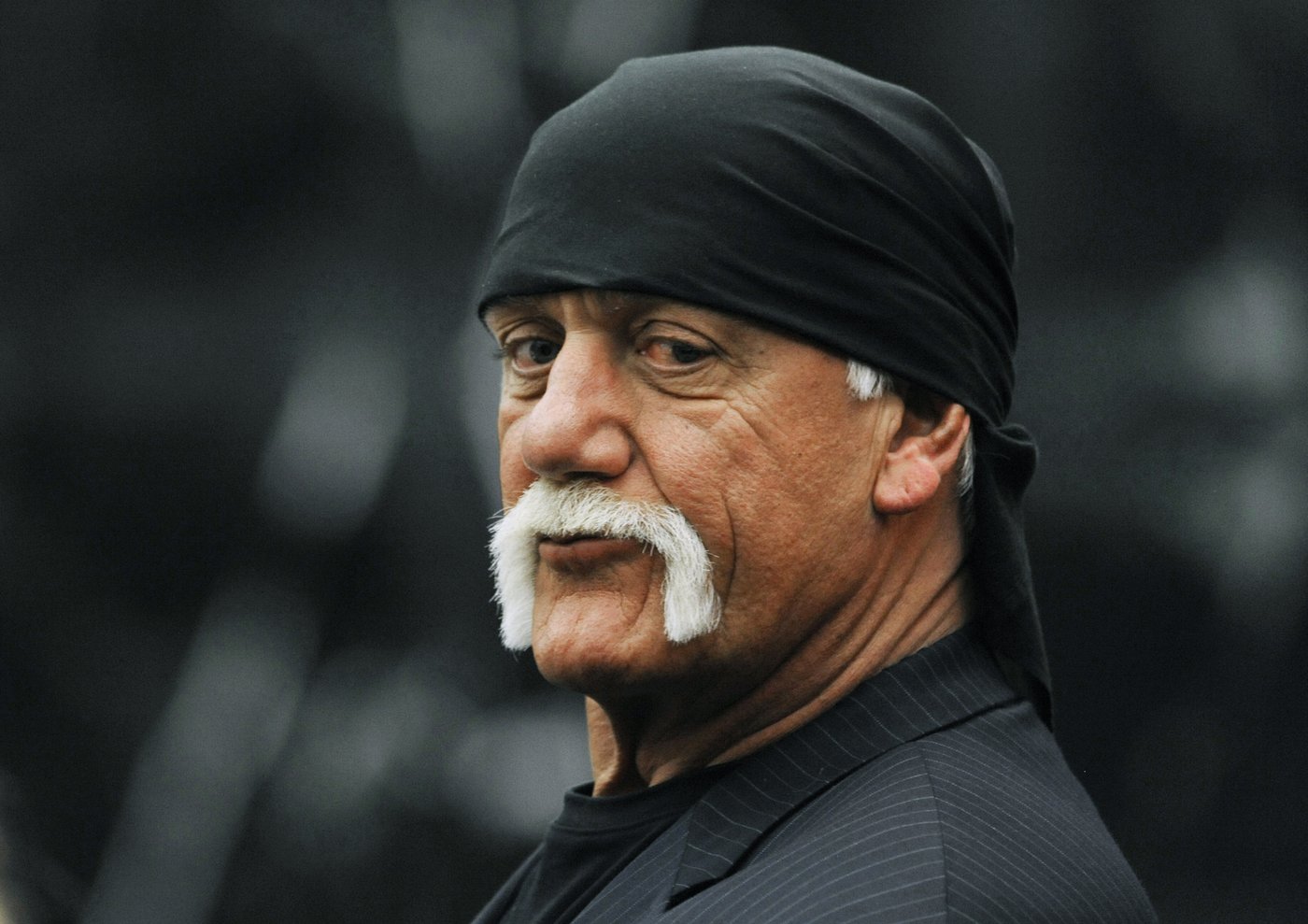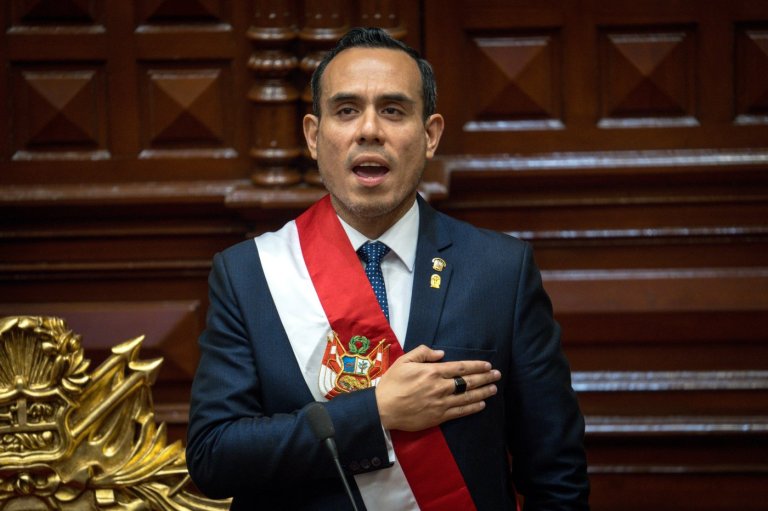
Hulk Hogan’s sex tape lawsuit had a lasting effect on cases involving celebrity privacy
Famous for his fearless bravado as a pro wrestler, Hulk Hogan won one of his most notable victories in a Florida courtroom by emphasizing his humiliation and emotional distress after a news and gossip website published a video of Hogan having sex with a friend’s wife.
A 2016 civil trial that pitted the First Amendment against the privacy rights of celebrities ended with a jury awarding Hogan a whopping $140 million in his lawsuit against Gawker Media. Though both parties later settled on $31 million to avoid protracted appeals, the case put Gawker out of business.
It also ensured Hogan, who died Thursday at age 71, and his legal team would have a long-term impact on media law. The case showed that, in certain circumstances, celebrities could persuade a jury that their right to privacy outweighs the freedom of the press — even when the published material was true.
The case put media outlets on notice that “the public doesn’t necessarily like the press,” especially when reporting intrudes into intimate details of even public figures’ private lives, said Samantha Barbas, a University of Iowa law professor who writes about press freedoms and First Amendment issues.
She said it also emboldened celebrities, politicians and others in the public spotlight to be more aggressive in suing over unflattering news coverage — as seen recently in President Donald Trump’s pursuit of court cases against the Wall Street Journal, ABC and CBS.
“I think the lasting effect of the Hulk Hogan case was it really started this trend of libel and privacy lawsuits being weaponized to kind of take down these media organizations,” Barbas said.
Hogan wept hearing the verdict in a case that was ‘real personal’
Hogan, whose given name was Terry Bollea, sued Gawker for invading his privacy after the website in 2012 posted an edited version of a video of Hogan having sex with the wife of his then-best friend, Florida-based radio DJ Bubba The Love Sponge Clem.
Clem gave his blessing to the coupling and recorded the video that was later leaked to Gawker. Hogan insisted he was unaware the intimate encounter was being filmed. The former WWE champion testified that he was “completely humiliated” when the sex video became public.
Hogan’s lead trial attorney, Ken Turkel, recalled Thursday how his muscular, mustachioed client cried in court as the jury verdict was read.
“To him the privacy part of it was integral. It was important,” Turkel said. “Eight-year-old kids were googling ‘Hulk Hogan’ and ‘Wrestlemania,’ and they were getting a sex tape. That was hurtful to him in a real personal way.”
The three-week trial was closely followed far beyond the courtroom in St. Petersburg, Florida, as thousands of wrestling fans, First Amendment watchers and others stayed glued to their screens as the trial was streamed live online.
Salacious details emerged about Hogan’s sex life as jurors and spectators viewed. images of him in thong underwear. Other testimony focused on how New York-based Gawker practiced journalism differently than traditional news outlets. And Hogan explained to the jury about the difference between his wrestling persona and his private life.
Another detail that dropped after the trial: Hogan’s legal team had been bankrolled by Peter Thiel, the tech billionaire and PayPal co-founder. Gawker had publicly outed Thiel as gay in 2007. Thiel said funding Hogan’s lawsuit was “less about revenge and more about specific deterrence.”
Jury rejected that First Amendment protected publishing sex tape
The jury ultimately rejected arguments by Gawker’s attorneys that Hogan’s sex tape was newsworthy and that publishing it, no matter how distasteful, was protected speech under the First Amendment.
“Now more people, including judges, understand that it’s possible to sue someone for revealing something truthful, as long as that something is deeply personal and its publication is highly offensive,” said Amy Gajda, a Brooklyn Law School professor who followed and wrote about the case against Gawker.
News outlets still have broad legal protection for publishing information about public figures, even things that would generally be considered private, Gajda said
“As long as there is news value in what is published and the media can argue that effectively, they can get a privacy case dismissed very early on,” she said.
___
Bynum reported from Savannah, Georgia.
Join the Conversation!
Want to share your thoughts, add context, or connect with others in your community?
You must be logged in to post a comment.


















